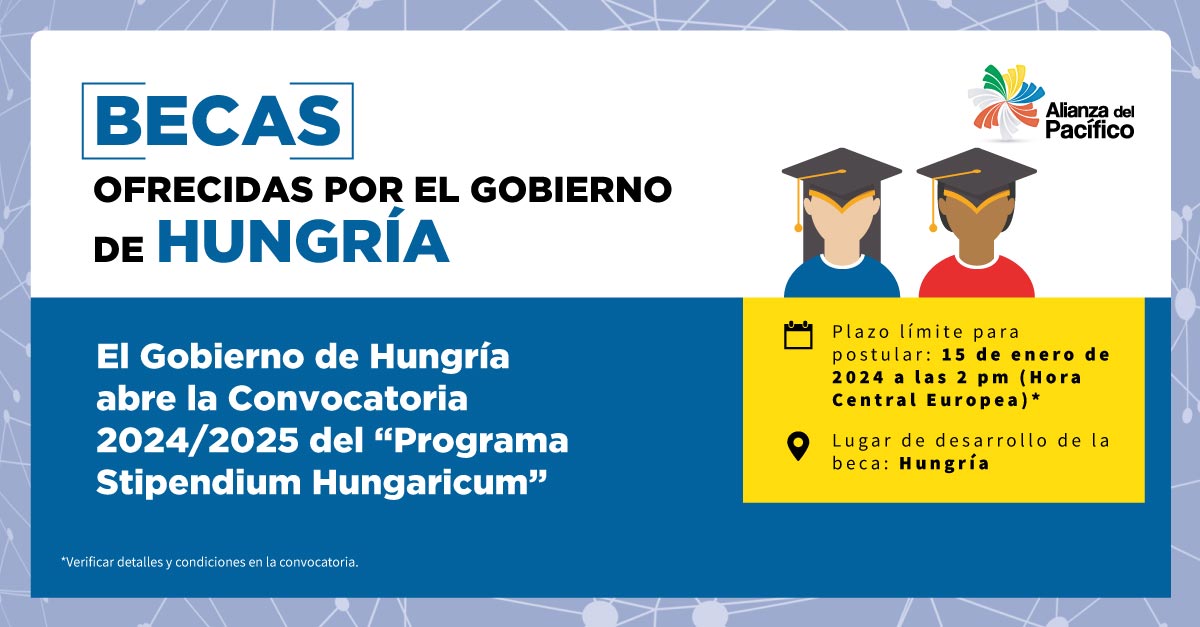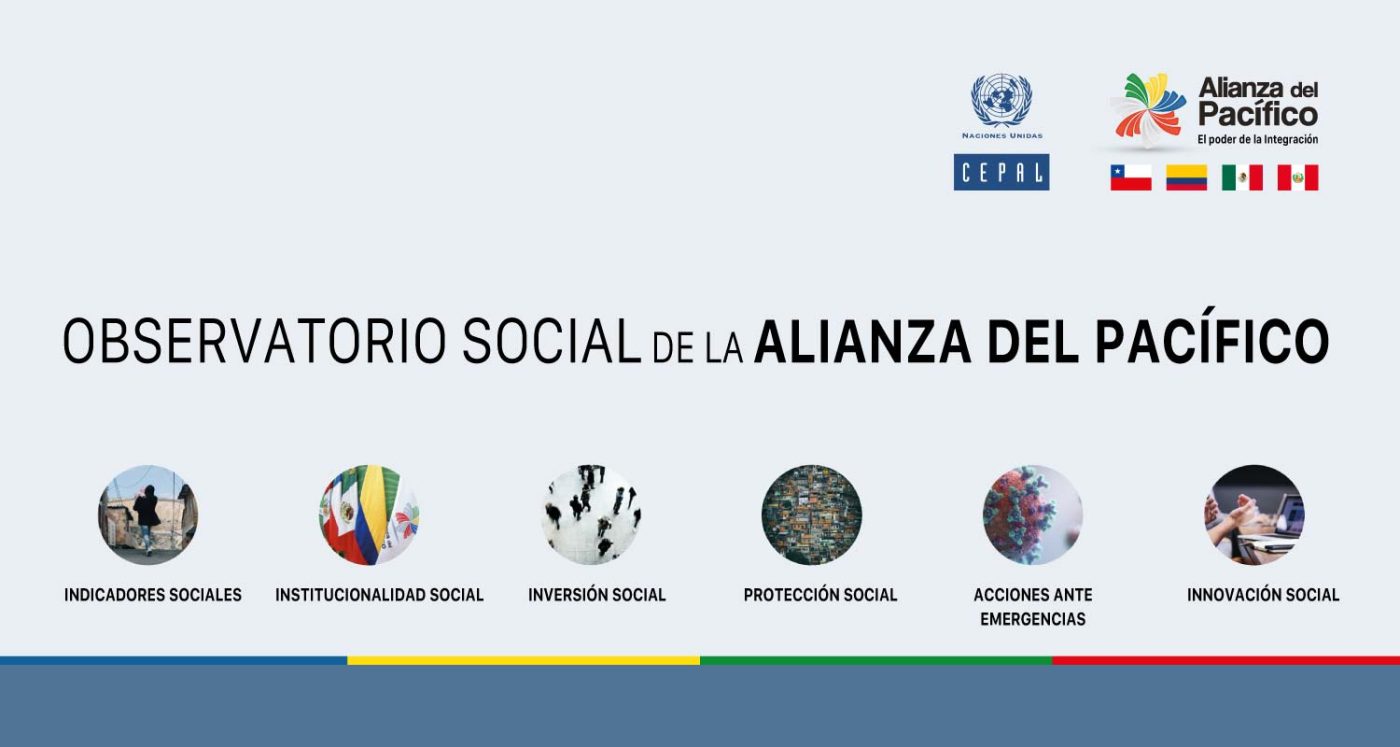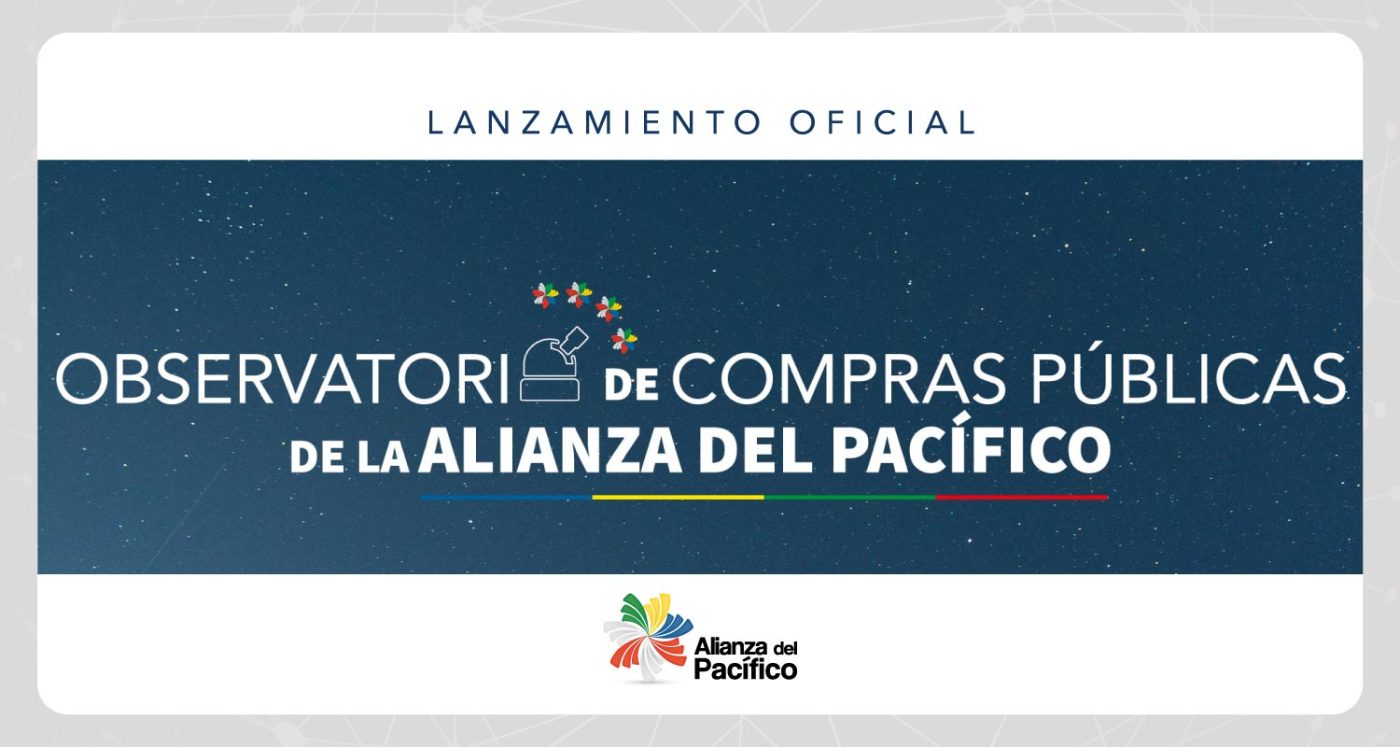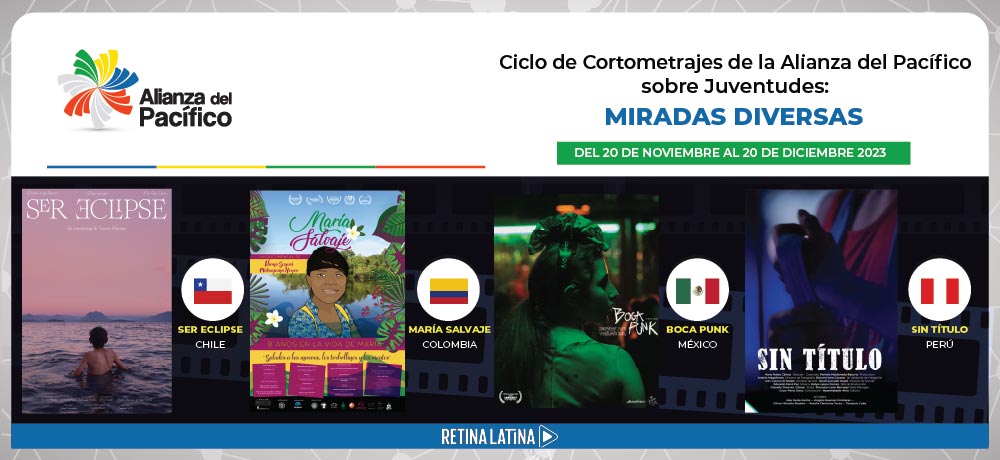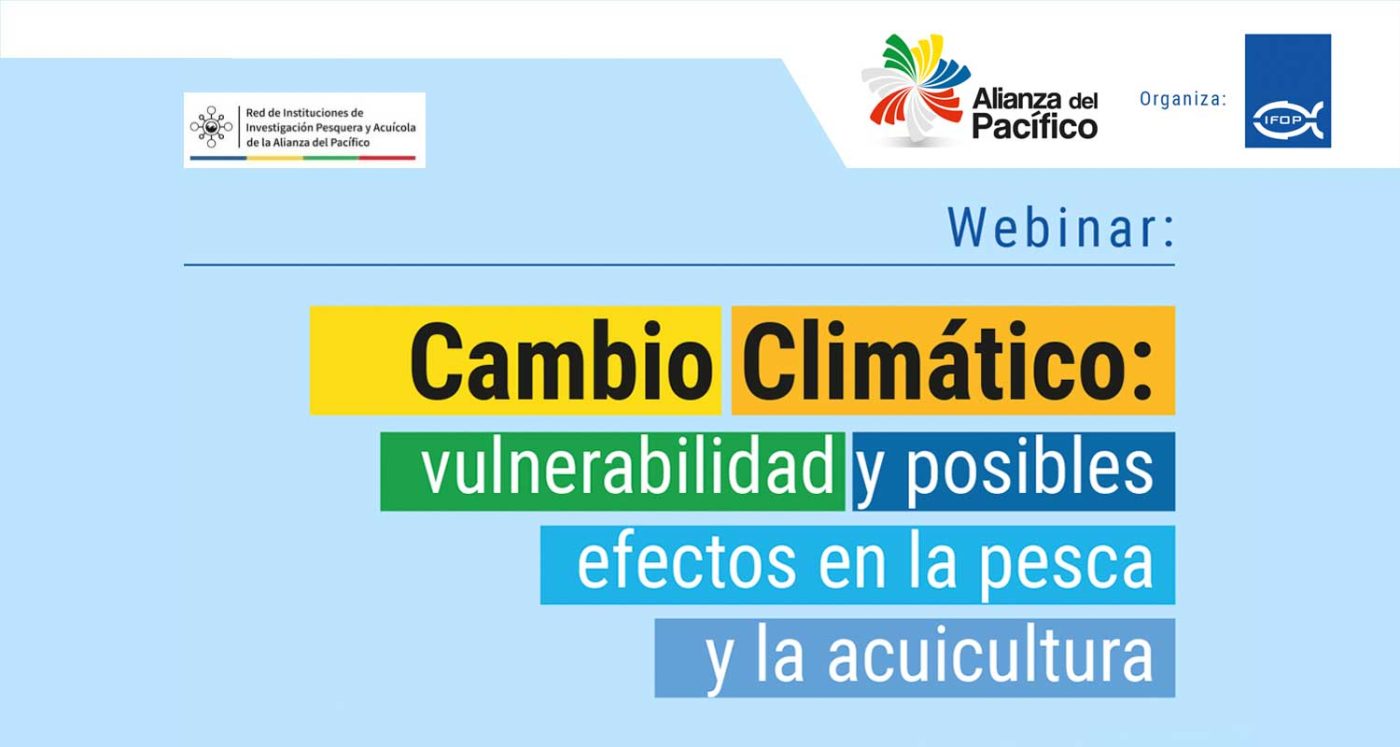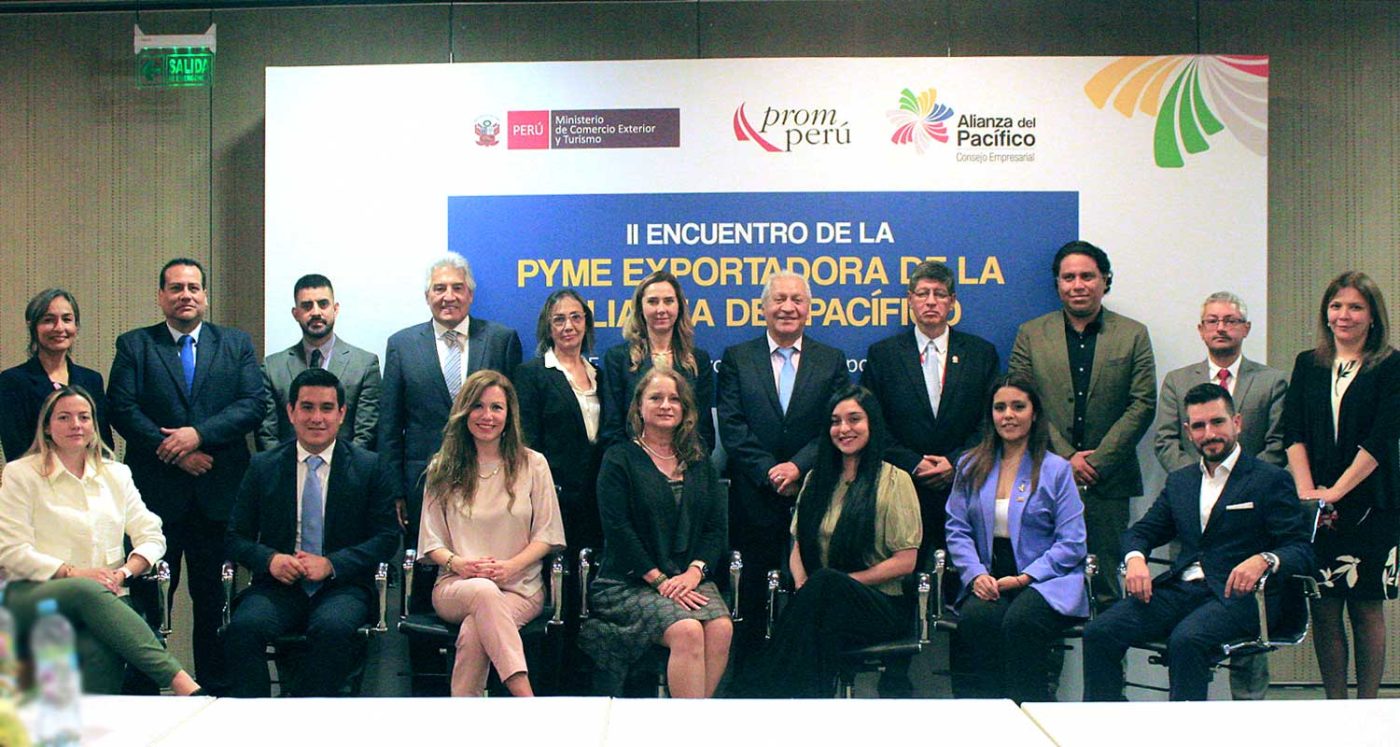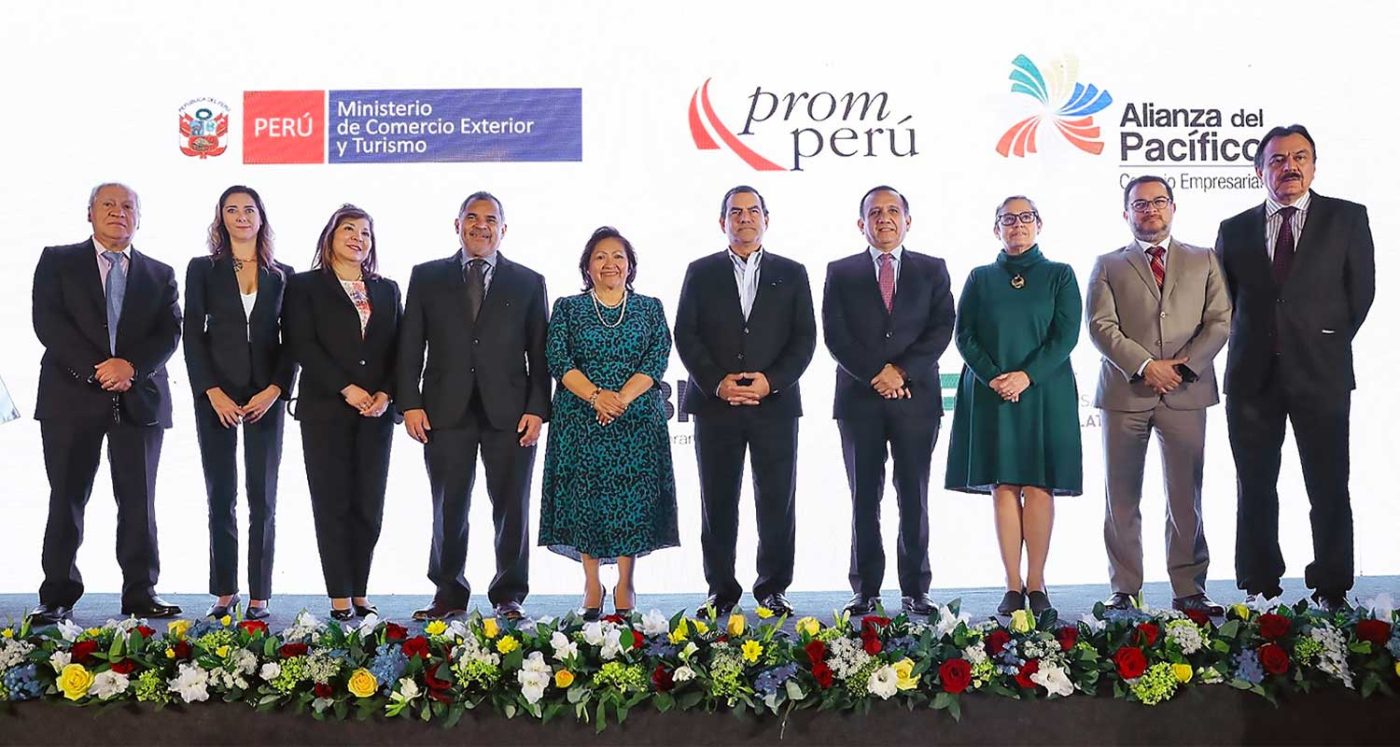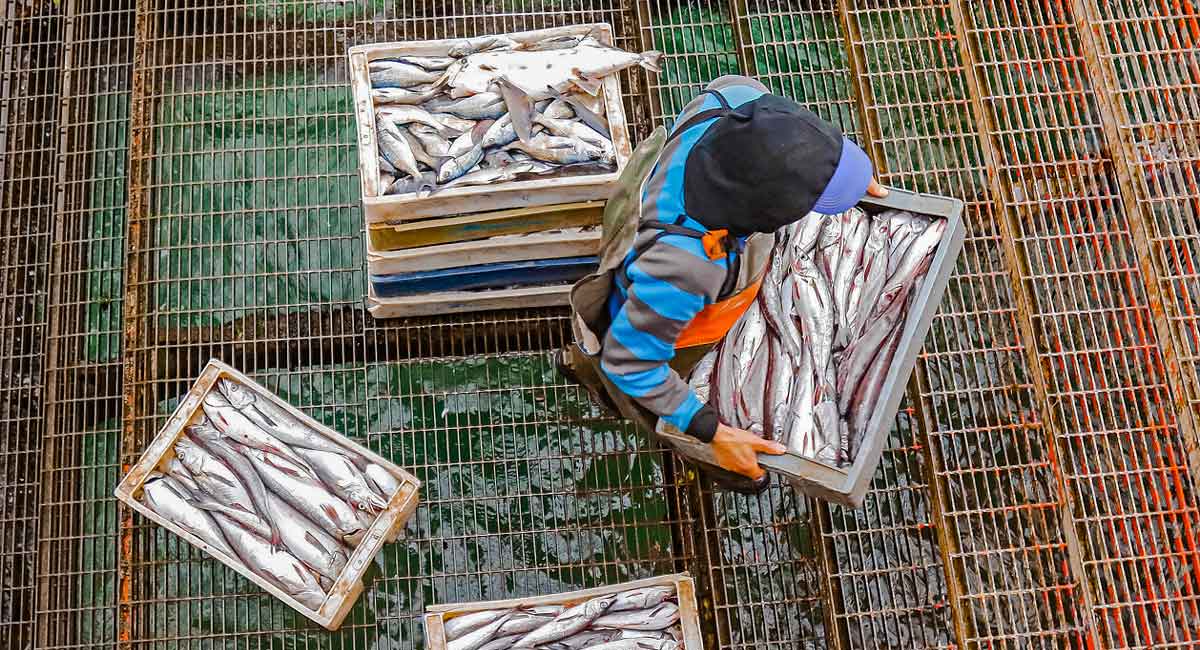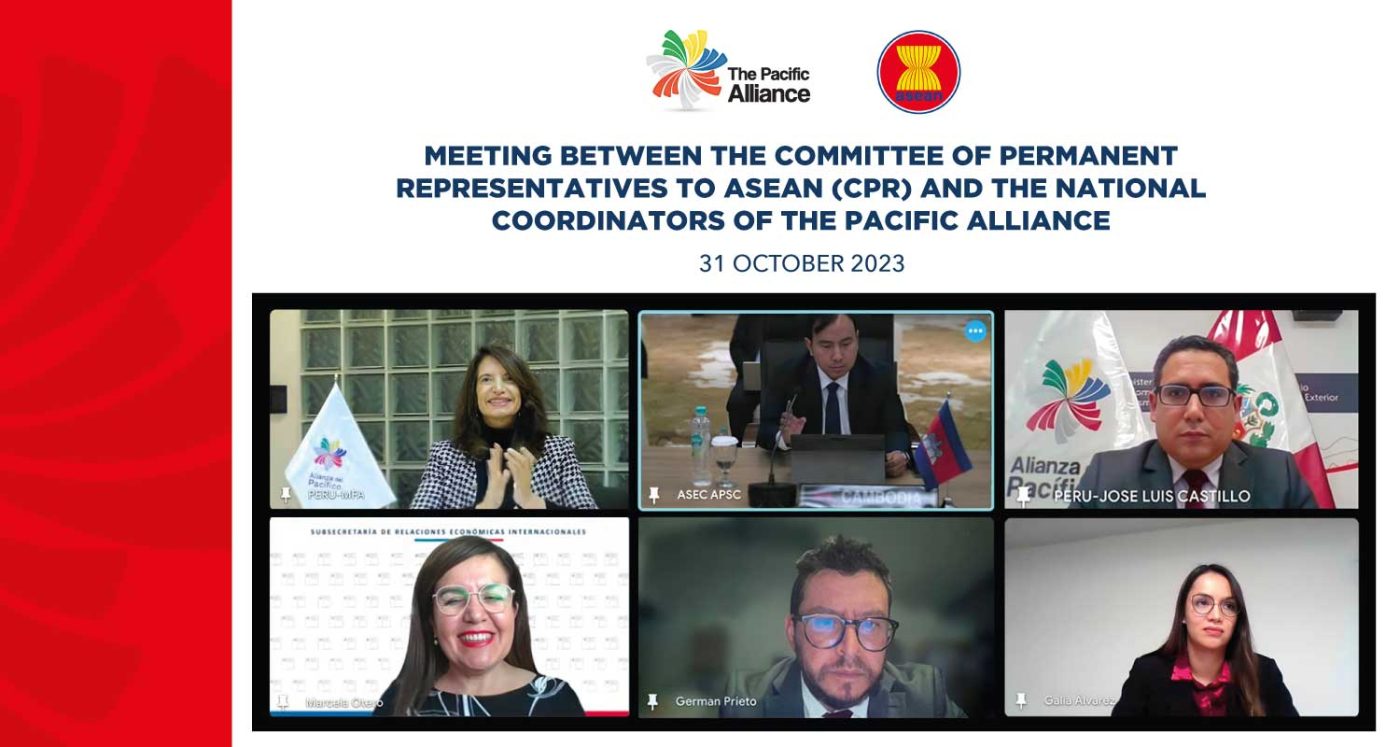December 14, 2023.- The Workshop “Promote the participation of Micro, Small and Medium Enterprises in cross-border electronic commerce between the countries of the Pacific Alliance”, organized by the SME Technical Group and Entrepreneurship (GTPYME) of the PA, with the collaboration of the Republic of Korea, as an observer country of the regional bloc, and the technical assistance of the Economic Commission for Latin America and the Caribbean (ECLAC), was held yesterday in Santiago.
The Workshop, developed in ECLAC facilities, aimed to strengthen the capacities of MSMEs to facilitate their insertion in cross-border electronic commerce and brought together key actors for the development of this trade within the Pacific Alliance.
Furthermore, within the framework of the GTPYME Work Plan, this workshop had the purpose of giving continuity to the work that ECLAC has developed, within the framework of the Regional Digital Market Strategy in the PA that seeks to identify, in selected sectors, the obstacles faced by MSMEs to export through electronic and digital commerce within the bloc.
At the beginning of the workshop –and after the greeting from Keiji Inoue, officer in charge, Division of International Trade and Integration, ECLAC–, the director general (s) of Multilateral Economic Affairs of the Undersecretariat of International Economic Affairs of Chile, Alejandro Buvinic highlighted that “our disposition is that the MSMEs of the Pacific Alliance have a key role in international trade” and emphasized that “the final objective of the Regional Digital Market is to ensure that the MSMEs can market their products and services between the four countries with the same ease they do at the level of each country, considering that we have geographical proximity, the same language, time zones among many other positive externalities”.
Likewise, the counselor of the Embassy of Peru in Chile, Claudia Miranda, representing the pro tempore presidency of her country, highlighted the importance of MSMEs and emphasized the commitment established in the Strategic Vision 2030 of the Pacific Alliance, in order to strengthen and expand the participation of MSMEs, thus achieving effective use of the benefits generated by the Pacific Alliance.
For his part, the ambassador of the Republic of Korea in Chile, Hak Jae Kim, highlighted the implementation of this activity and his country’s interest in supporting work with MSMEs in the countries of the Pacific Alliance.
In the first part, Min-kyoung Park, Manager, Trade Information Department of KOTRA (Korea Trade-Investment Promotion Agency), presented the experience of South Korea, especially the insertion of MSMEs in e-commerce.
Afterwards, the panel was developed: “Modalities of cross-border e-commerce between the PA countries and exportable offer of SMEs”, which analyzed the barriers or obstacles they face, the available digital commerce modalities, the exportable offer of each country, customs regimes, among other matters.
In the second panel, “Capacity building of MSMEs for cross-border e-commerce between PA countries and selection of MSMEs”, they focused on identifying the needs to promote export through cross-border e-commerce and defining types of support required to achieve this objective.
Next, in the panel on “Definition of technological solutions to support MSMEs”, concepts such as: Marketplace; Payment methods; Logistics solutions; Customer tracking; Marketing Tools; Sales Tools; Communication tools; Administrative Solutions, which are useful technologies that will facilitate access to cross-border trade for MSMEs.
In the last panel, on “Inputs for the action plan, goals, KPIs and monitoring”, the aim was to define the scope of the support program in terms of goals, duration, KPIs, monitoring and evaluation.
Among the panelists and moderators, there was the participation of representatives from ECLAC, the Inter-American Development Bank, the e-Commerce Institute, as well as representatives from unions and private sector companies, such as Mercado Pago, Mercado Libre, DHL, LAP, Payoneer, and platforms such as Amazon, Falabella, Linio. Also participated representatives from the four countries of the block, Chile, Colombia, Mexico and Peru, from the SME and Entrepreneurship technical groups, from Promotion Agencies, from Gender, from the Trade Facilitation Committee, and the Digital Economy Subcommittee.
Finally, the workshop concluded with the words of José Luis Castillo, general director of International Trade Negotiations of the Ministry of Foreign Trade and Tourism of Peru, pro tempore presidency of the Pacific Alliance, who highlighted that the workshop served as a crucial space, where key actors exchanged experiences and knowledge to strengthen electronic commerce among the member countries of the Pacific Alliance. In addition, he reaffirmed the commitment of the pro tempore presidency of Peru to continue promoting this type of workshops, which play a fundamental role in the formulation of policies aimed at promoting electronic commerce in micro, small and medium-sized enterprises (MSMEs).

